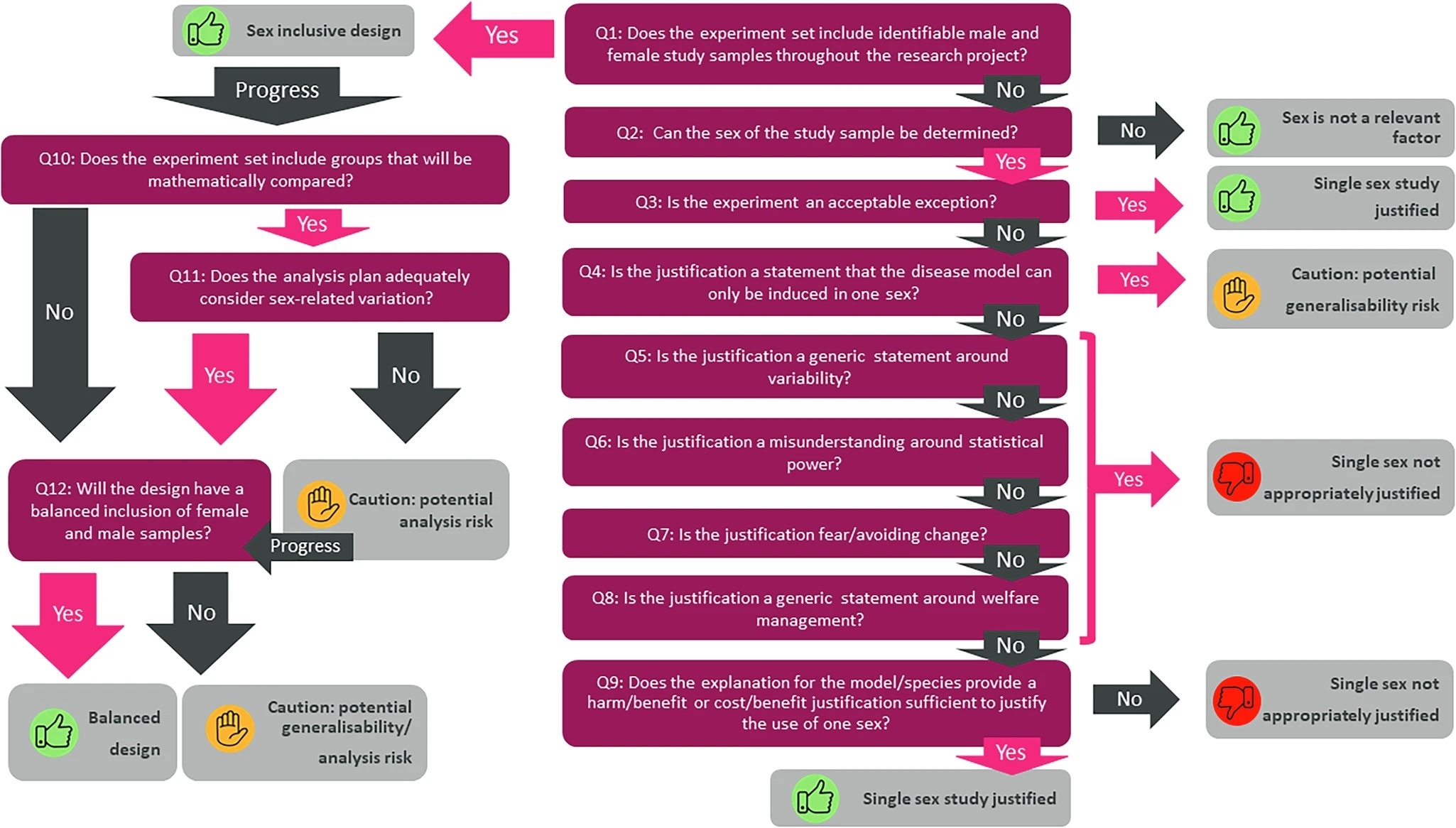Variation in genes that regulate our internal body clock has been linked to whether you are a morning person or an evening person, how long it takes you to drop off and how well you sleep.
Sleep quality linked to circadian genes Variation in genes that regulate our internal body clock has been linked to how and when we sleep. Credit: Daniele Zanni. We all have an internal body clock, controlled by our circadian rhythms. Most of the time this circadian clock simply ticks away in the background and is rarely noticeable – it’s only when it gets out of sync with your surroundings that you start to notice problems like jet lag. However, problems with circadian rhythms could contribute to more serious conditions, from obesity to mental health. Sleep has long been known to be intrinsically linked to circadian rhythms, but our understanding of the exact dynamics of this relationship remains hazy. By investigating both the sleep habits and genetic variation of a group of young British adults, Michael Parsons and Patrick Nolan from MRC Harwell worked with researchers from King’s College, Northumbria University, the University of Surrey and Goldsmiths to pinpoint specific circadian genes associated with our sleep habits. The study asked 952 participants, aged 18-27 years old, to fill in two questionnaires about their sleep habits over the last month. One of these tested whether they were an early bird or a night owl, referred to as their ‘diurnal preference’, by asking about their preferred time to sleep. The other asked various questions about how well they slept each night to give scores for sleep quality, duration and ‘latency’ (how long it took them to drop off). They then took cheek swabs to collect a sample of their DNA for analysis. Analysis of circadian gene variants revealed a significant association between diurnal preference and the clock gene PER3, as well as another circadian regulator, ARNTL2, suggesting variations in these genes might help decide whether you’re a morning person or an evening person. Overall sleep quality, encompassing all three scores, was significantly associated with variation in the gene GNβ3. While this is not part of the core circadian clock, its expression in specific tissues follows circadian timing and modifies the effects of serotonin, which plays a role in sleep. This research backs up past findings on PER3, and the GNβ3 variant has previously been associated with depression and sleep problems. The discovery that ARNTL2 might be involved in sleep regulation, however, provides a new gene to investigate. Altogether, it strengthens the case that these genes are not only involved in regulating our circadian rhythms, but also how we sleep. Just like a sign at a cross-road, this research points the way forward for more detailed research into the relationship between sleep and circadian rhythms. With time, this could help to reveal the genetic differences that influence how we sleep, and the exact role played by our circadian clock. Parsons et al. (2014) Polymorphisms in the circadian expressed genes PER3 and ARNTL2 are associated with diurnal preference and GNβ3 with sleep measures. J Sleep Res.(5):595-604.


